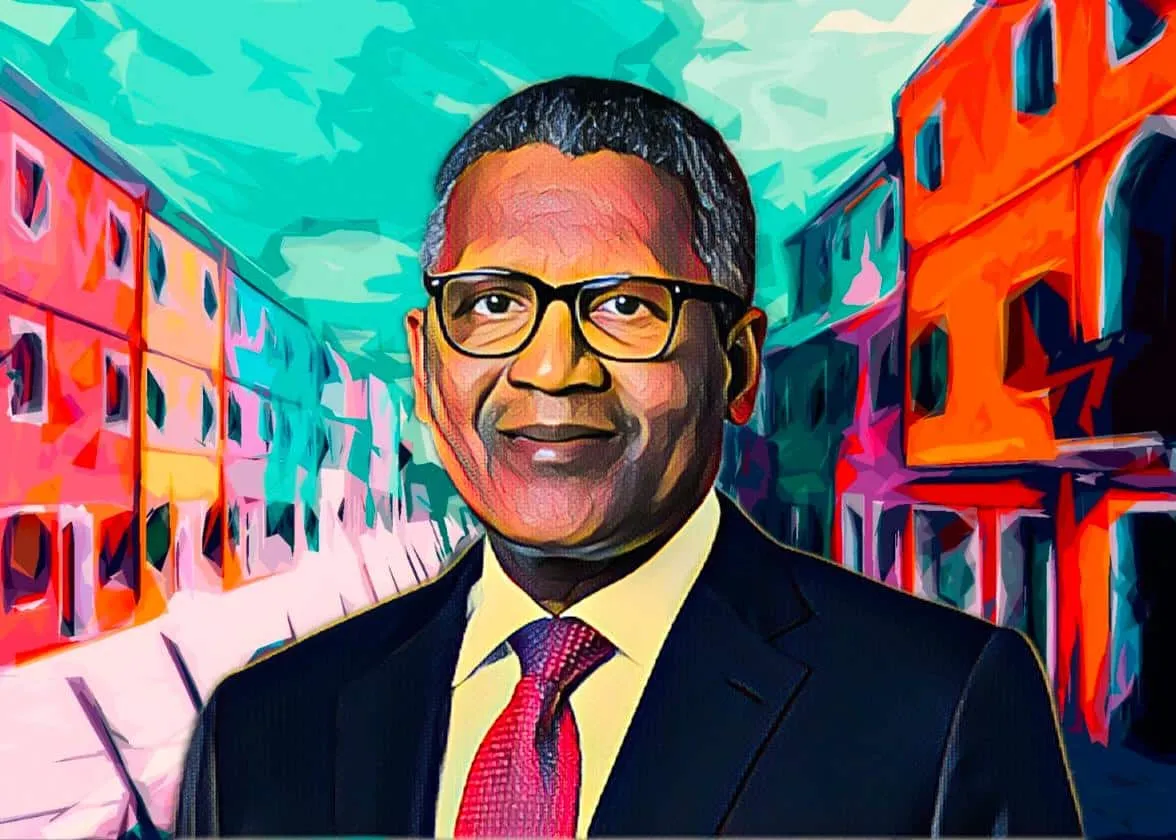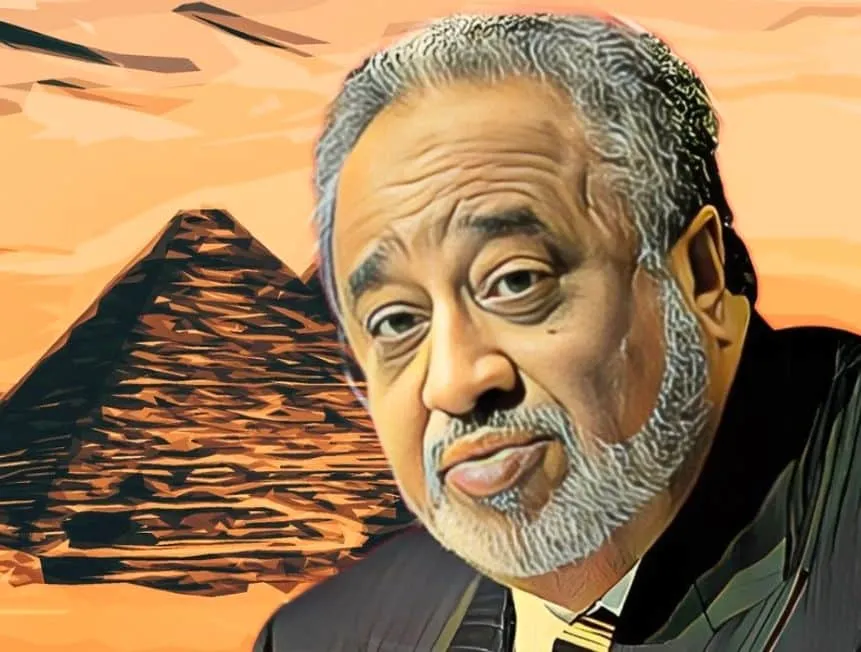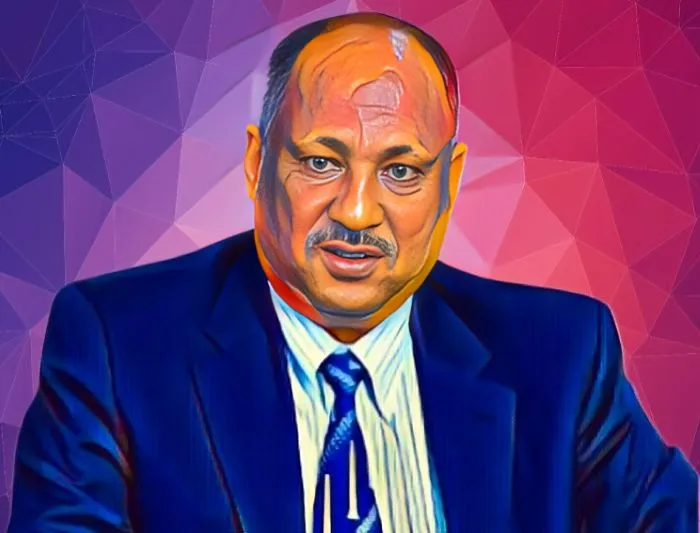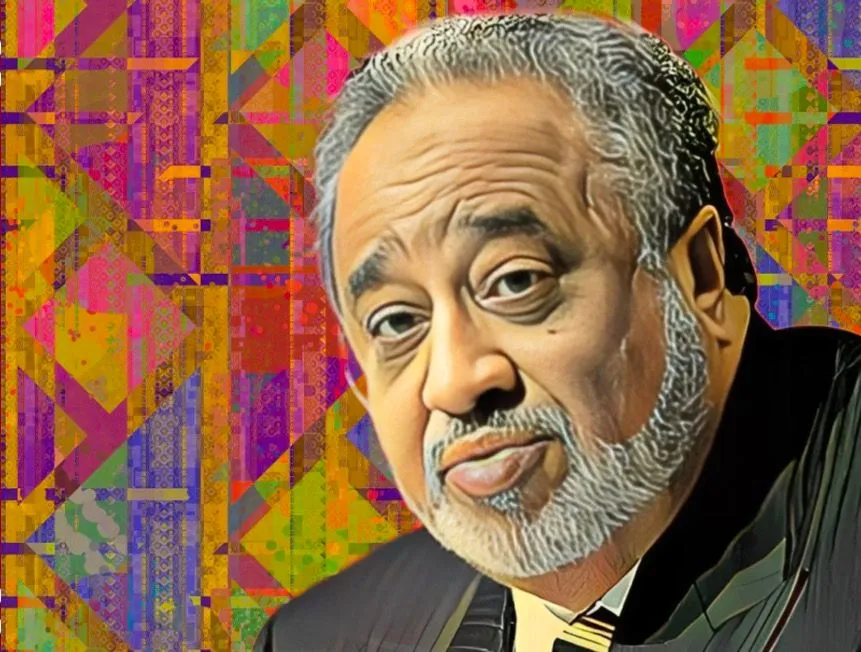Table of Contents
Key Points
- Africa’s richest man is doubling Ethiopian cement capacity to 5 million tonnes, strengthening Dangote Cement’s market dominance despite past challenges.
- Dangote Cement’s revenue hit $1.56 billion in nine months, driven by pan-African operations and currency gains from naira devaluation.
- Dangote eyes Ethiopian sugar and urea projects, leveraging expertise from Nigeria’s sugar industry to expand business in the East African nation.
Africa’s richest man, Aliko Dangote, has unveiled a $400 million plan to expand his cement empire, aiming to revive a second production line at the Mugher cement plant in Ethiopia. The move is expected to double the facility’s annual capacity to 5 million tonnes, strengthening Dangote Cement Plc’s position as Africa’s leading cement manufacturer.
Dangote Cement’s Ethiopian plant, which began operations in 2015, has faced significant challenges over the years, including security concerns and violent protests. In 2018, the company’s country manager and two other employees were killed, while protesters vandalized vehicles and machinery. Despite these setbacks, Dangote is pushing ahead with plans to scale operations by installing a new greenfield grinding unit near Addis Ababa. Once completed, this will increase the Mugher plant’s output from 2.5 million tonnes to 5 million tonnes per year.
Sales at the existing Mugher plant stood at 1.7 million tonnes in the first nine months of the 2024 fiscal year, marking a 6.3 percent decline from the previous year due to renewed security concerns and limited access to imported coal from South Africa. Ethiopia’s total cement market during this period was estimated at around 5.5 million tonnes.
Dangote plans Ethiopian sugar, urea investments
Speaking to journalists on Saturday, Feb. 15, Dangote, the chairman of Dangote Group, said the company is also looking to invest in Ethiopia’s sugar industry. He highlighted plans to leverage the group’s experience in managing a 60,000-hectare sugar plantation in Nigeria to enhance operations at Omo Kuraz Sugar Company in Ethiopia. Additionally, he noted that once Ethiopia develops its natural gas reserves, Dangote Group will consider setting up a urea production plant to support the country’s agricultural sector.
With a net worth of $28.2 billion, according to the Bloomberg Billionaires Index, Dangote remains Africa’s wealthiest individual and ranks 66th globally. He praised Ethiopia’s improving investment climate and reaffirmed his commitment to expanding business in the country. “Ethiopia remains one of our best investment destinations. Africa will be developed by Africans. Our political leaders need to strengthen the African Union, and we, as business leaders, must complement their efforts by deepening commercial linkages across the continent,” he said.
Dangote Cement sees strong revenue growth
Dangote Cement, which is 86 percent owned by Dangote, continues to play a critical role in regional trade, exporting cement and clinker across key markets. The company has been instrumental in transforming Nigeria from a cement importer to a major exporter within Sub-Saharan Africa. It currently operates in 10 countries with an annual production capacity of 52 million tonnes.
In the first nine months of 2024, Dangote Cement reported a 69 percent jump in revenue, rising to N2.56 trillion ($1.56 billion) from N1.51 trillion ($919.1 million) in the same period of 2023. The strong performance was largely driven by its pan-African operations, which benefited from currency translation gains following the naira’s devaluation against the U.S. dollar.
Despite rising operating and finance costs—finance expenses surged to N451.2 billion ($274.7 million)—the company managed to post a slight increase in profit. Net profit for the period stood at N279.1 billion ($170 million), up from N277.5 billion ($168.9 million) in 2023. Total assets grew from N3.94 trillion ($2.4 billion) as of Dec. 31, 2023, to N5.54 trillion ($3.37 billion) by Sept. 30, 2024. However, retained earnings dipped from N1.098 trillion ($667.5 million) to N846.1 billion ($514.4 million), reflecting dividend payments at the end of the 2023 fiscal year.









